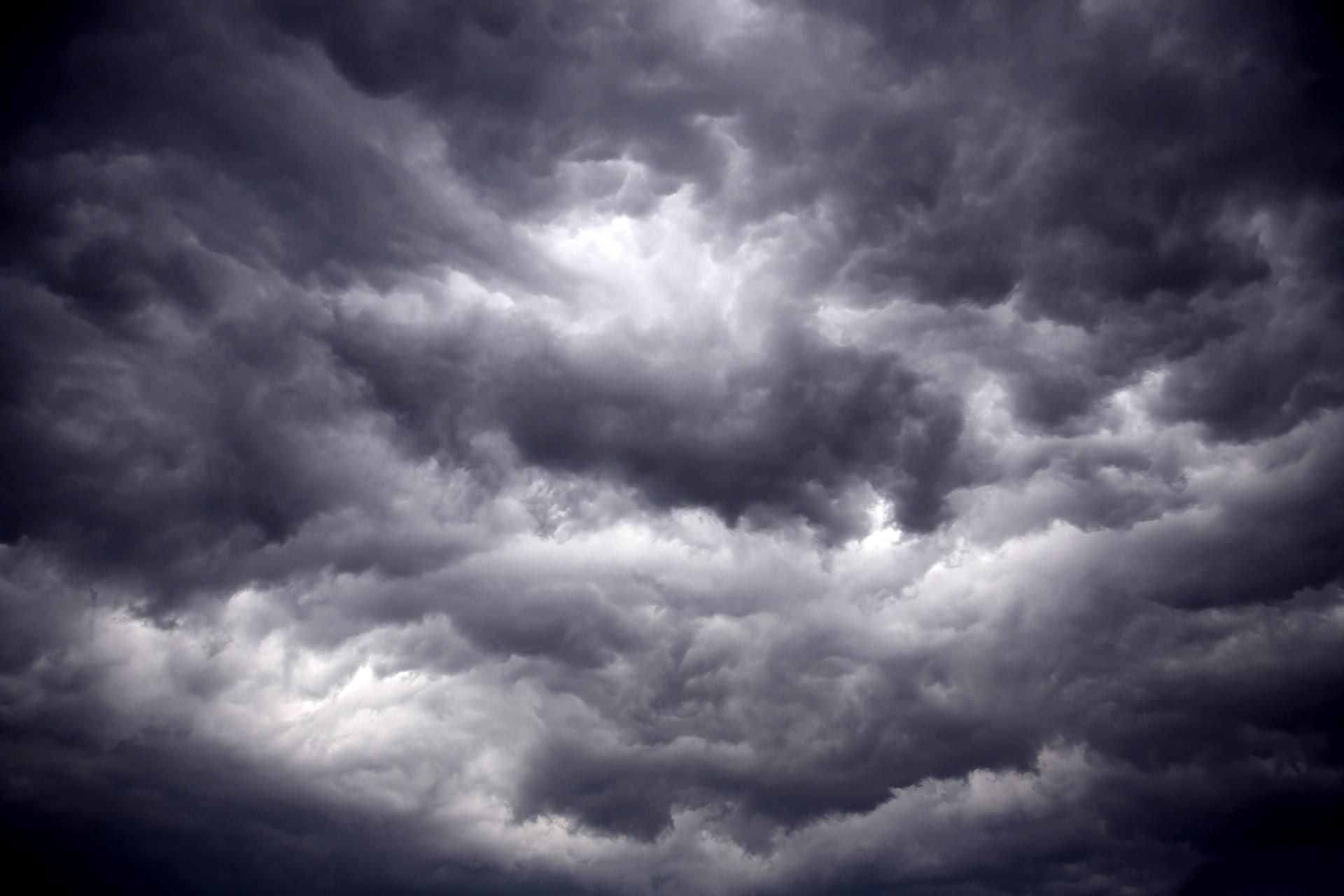MARCH MADNESS STARTS EARLY...
- terryswails1
- Feb 24, 2023
- 4 min read
When the days get longer and the sun stronger, the weather typically gets active in March. In fact, it's one of the most extreme months of the year with blizzards one week and tornadoes the next. I've seen temperatures to 20 below and and as warm as 86. If you like variety in your weather, (and you know I do), you have to love an appreciate March.
From the look of things, March like conditions are already showing up in February and I think this year March has the potential to be real special one weatherwise! Before I get into what's coming, take a look at what happened up north the past two days. A super storm dumped up to 21 inches of snow in Minneapolis and buried much of the state with 10-20 inches of white gold. Wisconsin did fine too with Benoit in the north piling up 26 inches. That's what can happen when you get the extreme moisture our storms have contained recently, something that typically happens later in March.

Thanks to this impressive event, the SE Half of Minnesota and NW Wisconsin have measured 4 to 6 feet of snow with plenty of winter to go.

Here's the seasonal snow totals across Minnesota. Minneapolis is at 72.5 inches for the winter to date!

Northwest Wisconsin has seen 70-100+ inches.

The water equivalent of the existing snowcover in these two states ranges from 2 to 8 inches. Notice in the graphic below the tributaries of the upper Mississippi are situated within the areas with the highest moisture content. That is the foundation of a spring snowmelt flood, especially on the Mississippi.

The new spring flood outlook from the NWS indicates a well above normal risk of flooding on the Mississippi in my area. Normal risks are indicated on other tributary rivers such as the Iowa, Cedar , and Rock. What's interesting is that I don't believe the recent heavy snowfall of February 21-23 was injested into the outlook. As the story board below indicates, whether or not flooding is realized depends on the rate of snowmelt, additional snow, and heavy spring rains.

As it currently stands at lock and dam 15 in Rock Island, hydrologic modeling indicates a 40% conditional chance of the river reacing 20 feet. The historic simulation is more like a 10% risk. Either way odds are between 30 and 70 percent the Mississippi reaches major flood stage of at least 18 feet at lock and dam 15. What's amazing about the current assessment is that last fall was about as low as I've seen the Mississippi when barges were having difficulty navigating in spots. To speak of flooding concerns 5 months later is a huge turnaround,

Knowing all this the weather the next month takes on some extra urgency, especially looking at the coming structure of the storm track. As I indicated in my post yesterday I see a lot of potential for an energetic pattern in March, more so than usual. What perks my interest is the blocking that is showing up over northern latitudes. That allows cold air to push and lends itself to a strong baroclinic/thermal boundary over the middle of the nation. It will serve as a guide for an active storm track that is fueled by a trough over the west coast. This is the 500mb jet stream pattern the EURO is depicting March 10th.

Below, the blocking over the top shows up in red in the 500mb height anomalies for the same date. Storms will cut under the ridging that runs from Alaska to Greenland. Additionally, that southwest trough acts as a converyor belt to thrust moisture into storms ejecting northwest from its belly into the Midwest.

The EURO weeklies ensemble control shows this for precipitation through April 10th, well above normal.

It also implies more snow over much of the central and upper portions of the Midwest. I'm not as confident in the snow as I am the above normal precipitation trend.

After a cold day Friday which could see a bit of light snow or flurries in the north towards evening, the rest of the weekend looks good and exhibits some nice moderation. That will be welcome up my way where a healthy glaze of ice continues to coat the landscape. That will be gone later Saturday as highs head for the upper 30s north and the mid 40s south. By Sunday strong warm advection ahead of our next storm could send readings into the upper 40s north to mid 50s south. The GFS even spits out a 60 in southeast Iowa and WC Illinois. Spring!

ANOTHER WET STORM TO START NEXT WEEK...
Clouds quickly overspread the region Sunday evening and by morning Monday showers and thunderstorms will sweep the region. The EURO is super moist with water vapor in the form of PWATs up to 1.50" in southeast Iowa.

That's possible too with a 977mb surface low powering the storm. The depth ensures it will be a wind machine as well. Ironically, there is little cold air to fuel the snow one would typically expect to see in the cold sector of the storm.

With the strong dynamics and robust moisture content the storm will produce significant rain in many areas. Fortunately, it will be a fast mover dumping the bulk of its precipitation Sunday night and the first half of Monday before it streaks northeast. Here's what models are suggesting for rainfall totals. While the heavy precipitation in Minnesota and Wisconsin is not good news, the fact it's primarily rain as opposed to snow will not add to the snowpack which is already significant. The exception could be over northern Wisconsin where snow and freezing rain is likely.
The GFS

The EURO

Another fast moving disturbance follows this one Tuesday night but precipitation looks light and reatively brief. Following that, the next storm up doesn't come until late next week.
A PERSONAL REQUEST: If you like the content of these posts, I ask that you make a voluntary contribution to my site. The time and effort involved is significant, as is the 47 years of experience that I bring to the table. Additionally your help funds the infrastructure and operational costs of TSwails. I've had 500,000 visitors to the site in the past month but only 321 contributors to date. If you are one of those who's reliance on the site has saved you money, made you money, or just entertained you, please consider a donation even if it's a dollar. Simply click on the banner below. Thanks for your consideration. TS














Comments